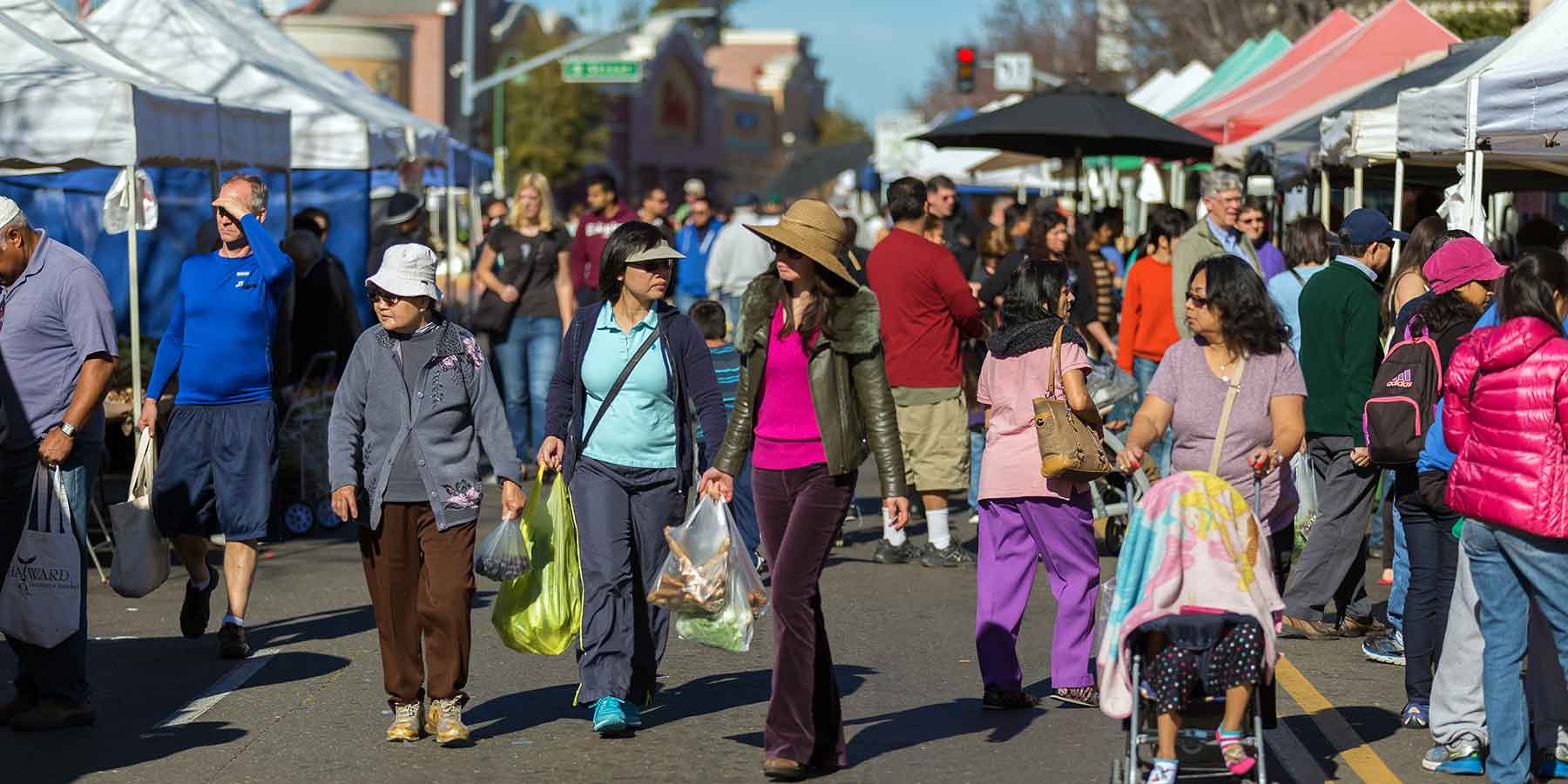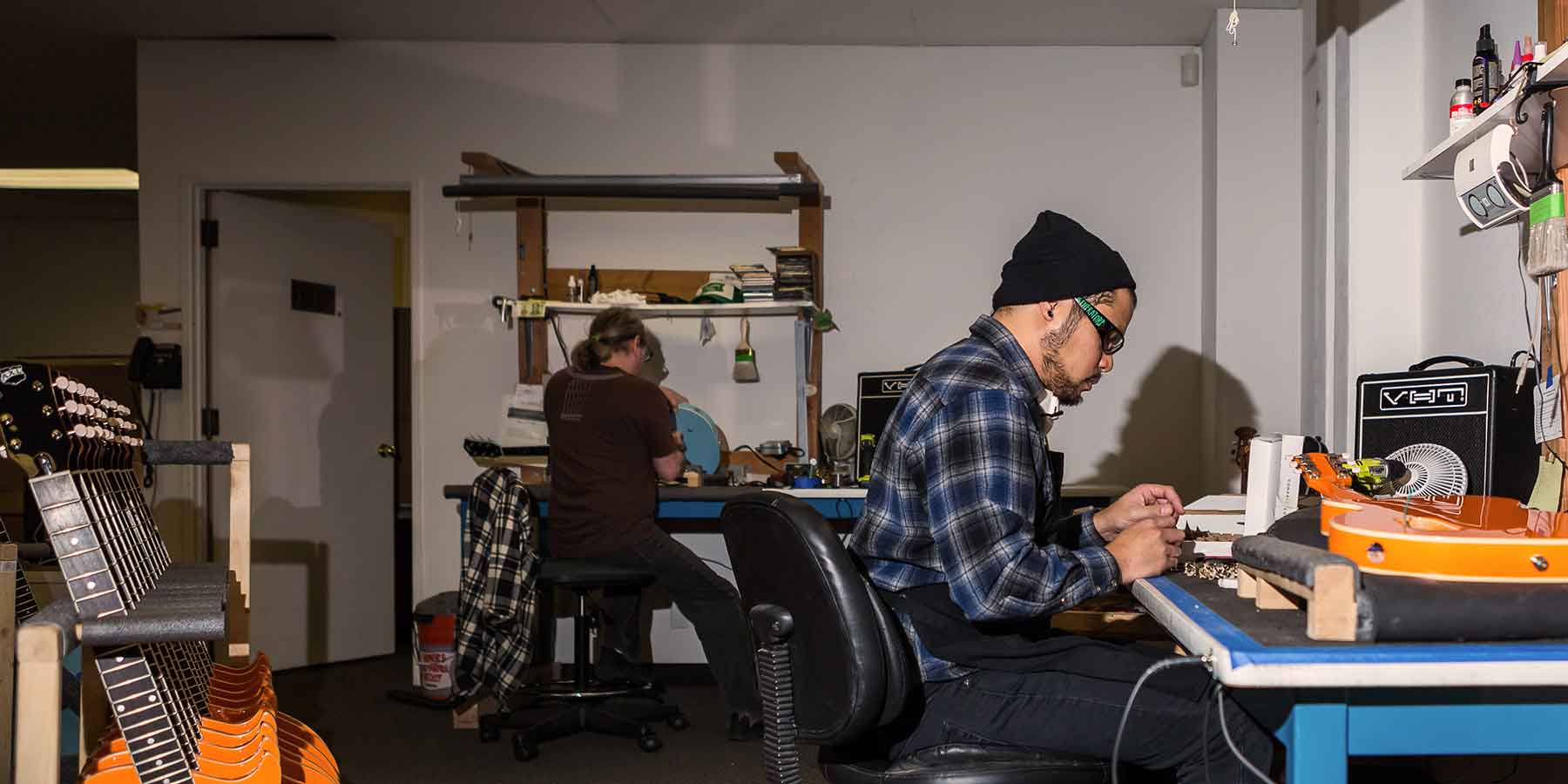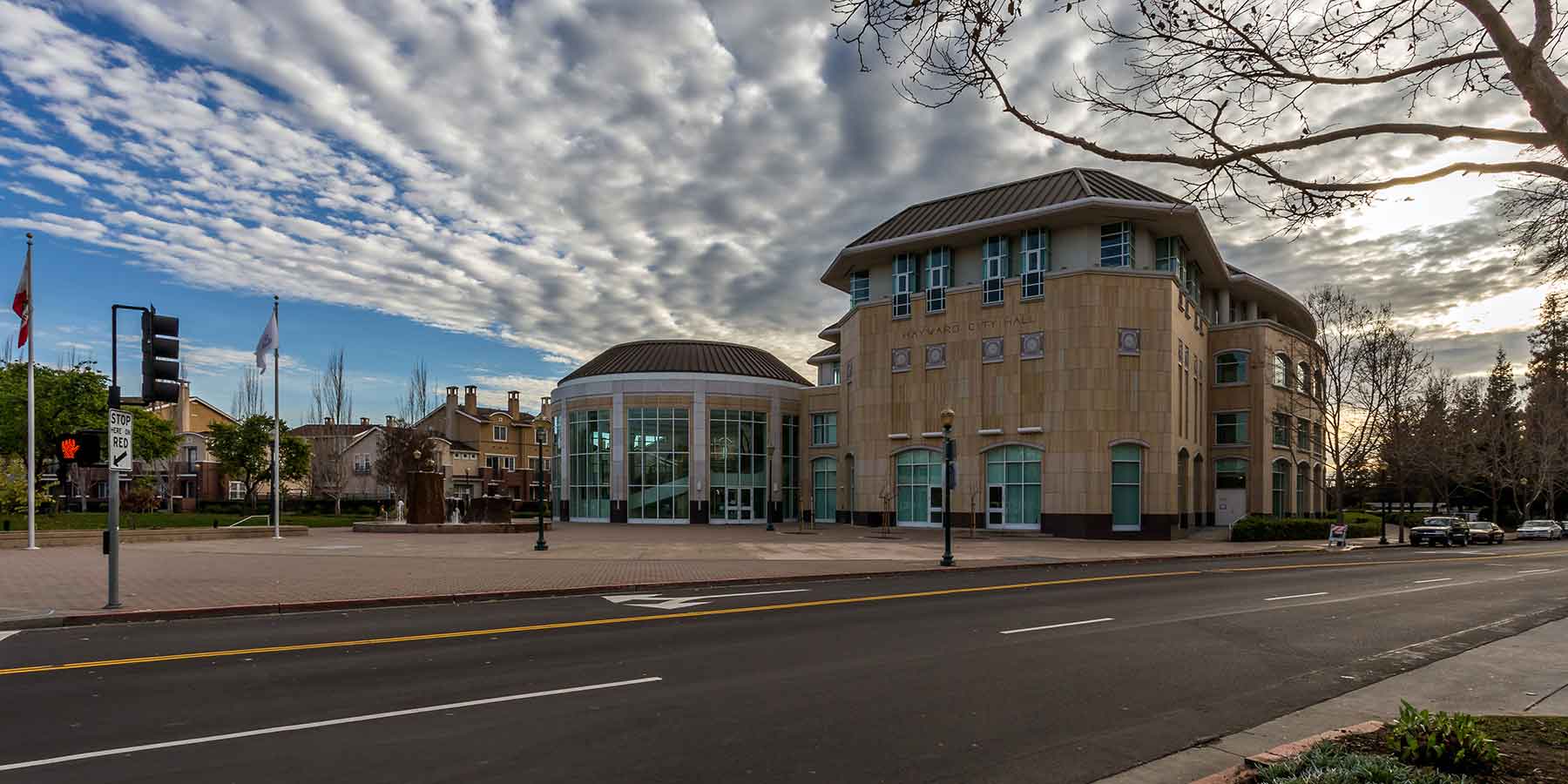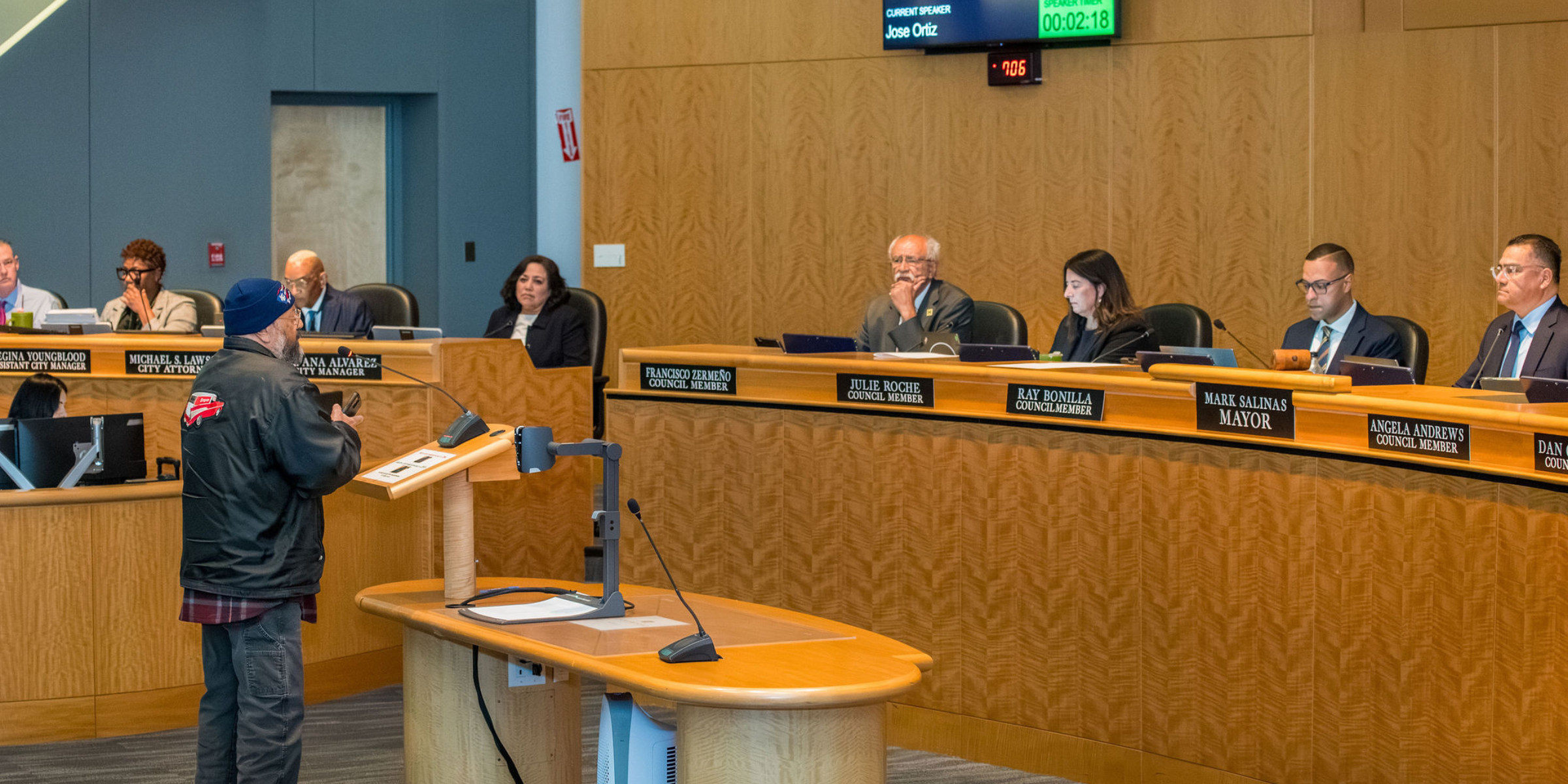Micromobility Feasibility Study
Project Overview:
The Hayward Micromobility Feasibility Study will review the feasibility of a new shared micromobility program in Hayward. The study will help the city develop a sustainable vision for micromobility in Hayward that serves the transportation needs of residents, workers, and visitors. The study will include analysis of:
- Micromobility vehicle types
- Operations and partnership models
- Transit integration
- Program costs and funding options
- Micromobility programs across the Bay Area
The outcome of the study will be a Final Feasibility Study Report that includes findings from community feedback and technical analysis, as well as an Implementation Plan.
What is Micromobility?
Micromobility is a term that describes forms of transportation that are small, low-speed, human or electric-powered. They are built for one rider at a time and include bicycles, electric bicycles (e-bikes), scooters, and electric scooters (e-scooters).
Shared micromobility refers to the organized operation of a fleet of micromobility vehicles that individuals can rent out. In Hayward, a shared micromobility system would provide additional transportation options that support traveling in the city without a car, improve connections to work, school, and transit, and reduce parking demand and traffic congestion.
A few local examples of shared micromobility programs include the regional Bay Wheels bikeshare program, Fremont’s Shared Active Transportation Program, and San Ramon’s Micromobility Pilot.
Schedule:
Public Involvement:
We need your feedback on micromobility! Take our survey to share how you currently travel in Hayward, and provide your input on the priorities, opportunities, and potential challenges of a shared micromobility program.









